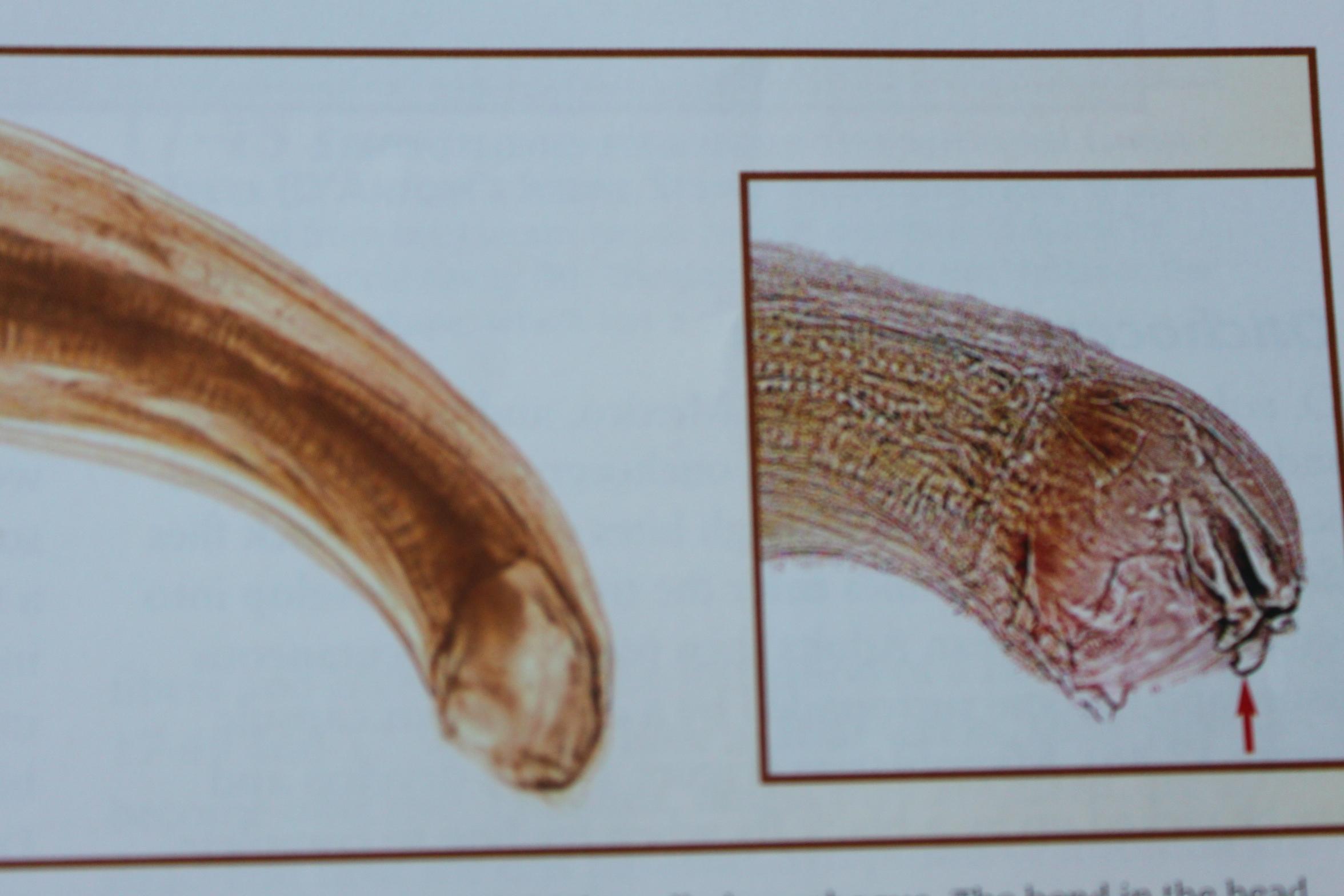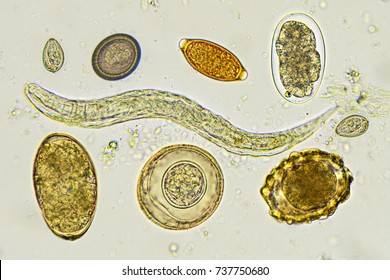
Hookworms In Humans Feces Skin Exposure To
Both hookworm eggs & larve can be found in dog waste. Worldwide, hookworms infect an estimated 576-740 million people.Roundworm Infection in Children What is roundworm infection in children?Hookworm lives in the small intestine of infected dogs and pass eggs via their poops. Soil becomes infectious around 5-10 days after contamination and remains so for 3-4 weeks, depending on conditions. Certain dog and cat hookworm larvae, such as Ancylostoma braziliense or Ancylostoma caninum , can penetrate the human epidermis (outer layer of skin), but cannot enter the dermis, and therefore remain trapped in the skin.Hookworm infection is acquired through skin exposure to larvae in soil contaminated by human feces. Catching hookworm infection from animals or animal feces is usually even less of a concern for barefooters.

Roundworm eggs live in soil that is contaminated by feces. Are canine hookworms infectious to people Adult hookworms do not infect humans however, the larvae can Roundworm infection is the most common type of worm infection in the world. What causes roundworm infection in a child?The best prevention is to remove feces from your yard daily and have your pets on a monthly heartworm preventive that also protects against hookworm infection. The worms live and grow inside the body and may cause symptoms.
They can grow to be about 13 inches long. The worms are about as thick as a pencil. The infection can then spread from person to person through infected feces.Roundworms can live inside the small intestine for up to 2 years.
There they grow into adult worms. They are then swallowed again and return to the small intestine. They then travel through the lungs up into the throat. Larvae can pass through the intestine wall into the bloodstream. These eggs leave the body through bowel movements.If a child swallows a roundworm egg, it passes down into the intestine and hatches into a baby worm (larva). Female roundworms may lay more than 200,000 eggs a day.
A child may also be infected after eating unwashed fruits and vegetables that were grown in contaminated soil. Children are more likely to be infected after playing in contaminated soil and putting their contaminated hands into their mouths. Or if you have traveled to a place where roundworms are common. They are more common in countries whereThere is inadequate disposal of human fecesYour child may be at risk for roundworm infection if he or she has been adopted from a developing country.
Have your child see his or her healthcare provider for a diagnosis. Symptoms may include:Worms in a bowel movement that look like earthwormsIf worms block the intestine, this may cause:Belly (abdomen) that is painful, bloated, and hardThe symptoms of roundworm infection can seem like other health conditions. This is because their intestines are narrower and the worms have less room. A younger child may be more likely to have symptoms.

Can roundworm infection be prevented in a child?After treatment, infection can happen again. Are:In rare cases, your child may need surgery to treat a severe intestinal blockage caused by roundworms. Medicines often used in the U.S. Talk with your child’s healthcare provider about the risks, benefits, and possible side effects of all medicines.
It’s caused by a type of roundworm Ascaris lumbricoides.Roundworm eggs live in soil that is contaminated by feces. Key points about roundworm infection in childrenRoundworm infection is a type of parasitic illness. To prevent a roundworm infection:Be aware of the risk when traveling in developing countries where soil may be contaminated by feces.Wash, peel, and thoroughly cook fruits and vegetables before eating.Wash your hands and teach your children to wash their hands with soap and water after being outside, before handling food, and after going to the bathroom.When should I call my child’s healthcare provider?Call the healthcare provider if your child has any symptoms of roundworm infection.
Also know what the side effects are.Ask if your child’s condition can be treated in other ways.Know why a test or procedure is recommended and what the results could mean.Know what to expect if your child does not take the medicine or have the test or procedure.If your child has a follow-up appointment, write down the date, time, and purpose for that visit.Know how you can contact your child’s provider after office hours. Also write down any new instructions your provider gives you for your child.Know why a new medicine or treatment is prescribed and how it will help your child. Take steps to prevent a repeat roundworm infection.Tips to help you get the most from a visit to your child’s healthcare provider:Know the reason for the visit and what you want to happen.Before your visit, write down questions you want answered.At the visit, write down the name of a new diagnosis, and any new medicines, treatments, or tests. This is common in areas where roundworm infection is widespread. The infection can then spread from person to person via infected feces.Symptoms may include worms in a bowel movement or coming from the nose or mouth, vomiting, and stomach pain.In most cases, roundworms can be easily treated by taking a medicine that kills the worms in about 3 days.After treatment, infection can happen again.


 0 kommentar(er)
0 kommentar(er)
